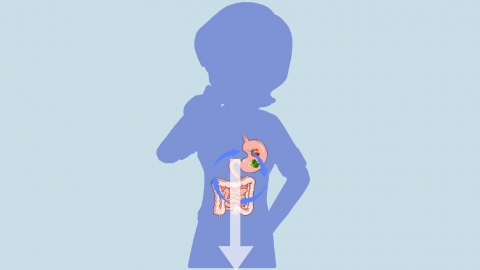Can people with poor gastrointestinal health eat lychee?
Whether individuals with poor gastrointestinal health can eat lychees depends on their specific symptoms and digestive capacity. Those with mild symptoms and relatively good digestion may consume small amounts, while those experiencing frequent diarrhea, abdominal pain, or poor digestion should avoid eating lychees. Detailed explanations are as follows:

If gastrointestinal discomfort only manifests as occasional bloating or mild loss of appetite and digestive function is not severely impaired, small amounts of lychees may be consumed. Lychees are rich in glucose and vitamins; eating them in moderation can help replenish energy. Individuals with a certain digestive capacity can eat lychees after meals to avoid the irritation of an empty stomach. Additionally, the warm nature of lychees may provide some nourishing benefits for mild cases of gastrointestinal discomfort caused by cold deficiency.
For individuals experiencing frequent diarrhea, abdominal pain, indigestion, or excessive stomach acid, eating lychees may worsen the burden on the gastrointestinal system. The high sugar content in lychees may stimulate the secretion of stomach acid, causing acid reflux and heartburn. Furthermore, the high sugar content may disrupt the osmotic balance in the gastrointestinal tract, exacerbating diarrhea. Individuals with weak gastrointestinal motility may struggle to digest the sugars in lychees, leading to discomfort such as bloating and food stagnation.
When consuming lychees, it is advisable to pair them with other foods, such as drinking some lightly salted water, which can help prevent heatiness and reduce adverse effects of lychees on the gastrointestinal tract.








